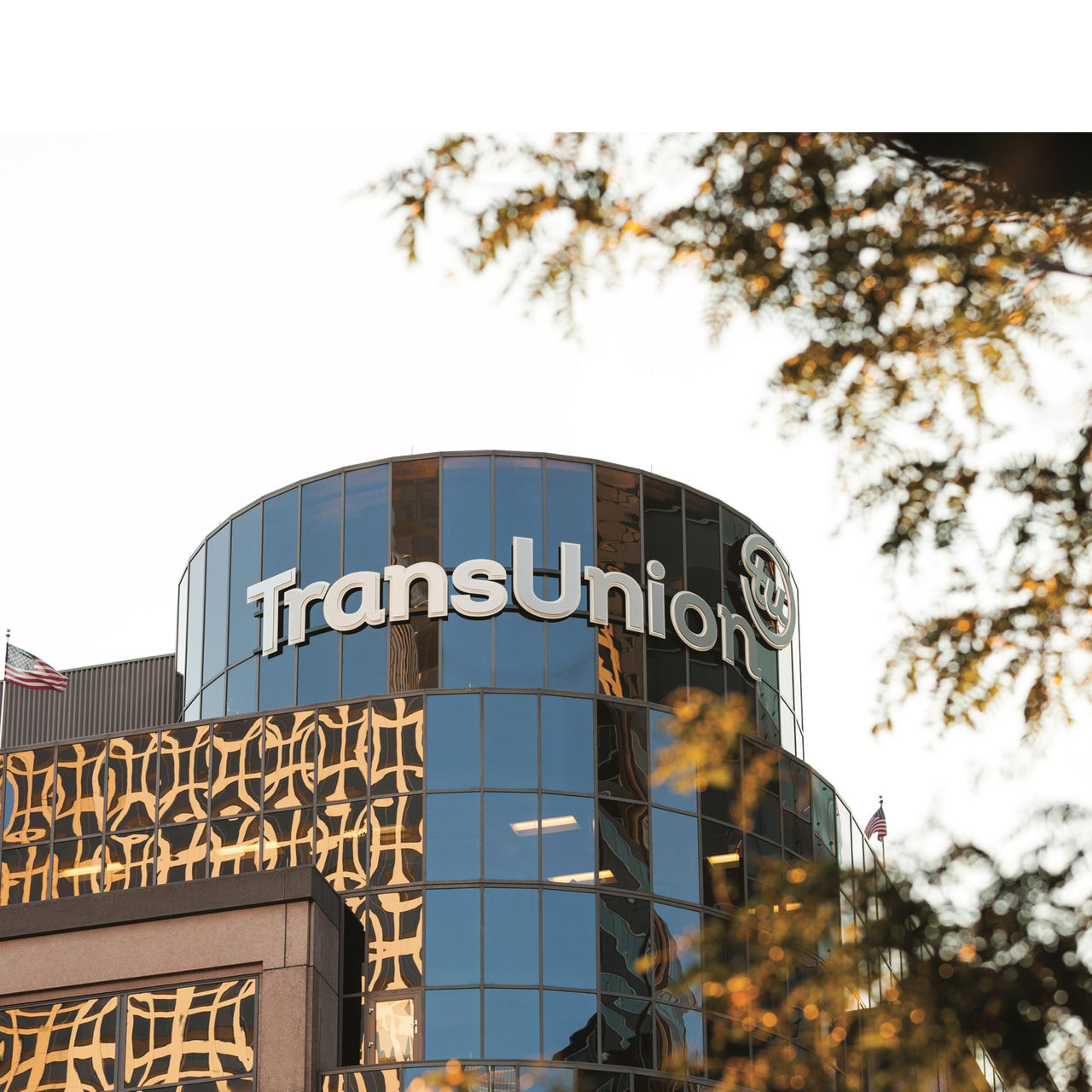If you think that figuring out personal finances is easy, then this can be your first mistake.
To err is human. Mistakes are just part of life.
Unfortunately, there are some financial mistakes that you will regret more than the others.
Keeping your finances in mint condition, especially in your 20s, 30s, is an art. So, here the list of the top 5 money mistakes that you should stay clear of in any way possible.
1. Holding a CC Balance
An outstanding credit card debt can be a major cause of your finances disorder. Some of the cards charge more than 20% in interest on a standard basis which is just too much.
Of course, sometimes the situation tends to get out of control and you have to use your credit card. But, this shouldn’t be something which is happening on a regular basis.
If you usually carry a balance on your cards, then it’s time to plan your way out of your debt today.
Moving forward, you’ll learn how to avoid carrying a credit card balance in the future in the mistake #4.
Keep in mind that you shouldn’t avoid your credit cards completely if you are in control of your spending habits. However, if you don’t have faith in your habits, well, don’t even think about risking it.
On the other hand, if you do, you can use your credit cards as a tool to build your credit score. In addition, you can also earn sign up bonuses, credit card rewards, etc. with your credit cards.
2. Breathing Paycheck to Paycheck
This is something most Americans live by. But, living paycheck to paycheck is a sad reality that has become a part of our life. If you’re doing this, you’re digging up your own financial grave.
In case of an emergency, you’ll simply put that emergency on a credit card, thus, commit the 1# mistake again.
So instead of believing in this paycheck to paycheck living system, you need to review your finances to see where you can shift or cut back some of your expenses, add more income, and begin saving so that to keep away from committing the #4 mistake.
3. Not Tracking Your Money
A myriad of people shy away from keeping a track of their money because they believe it poses a threat to their habits of having fun. Well, it doesn’t have to be like this.
Instead, money tracking can be really freeing. Actually, you can plan the money for having fun, so that to avoid that feeling of guilt when you go out with friends.
If you are one of those who never kept track of your money earlier, you can start by creating a customized worksheet. This enables you to track your income as well as expenses so that you can know the exact amount of money that is coming in and going out every month.
This is important because you’ll want to ensure that you are earning more than you spend in a month.
Over the period of time, you’ll reach financial independence and if you like, you never need to work again in your life. Now that’s some life!
4. Not Maintaining An Emergency Fund
Keeping an emergency fund should be considered as one of the top priorities in the life phase of 20s and 30s.
You can’t ignore the fact that an emergency fund acts as the first line of defense when it comes to keeping one from piling up unnecessary debt, especially in the case of unforeseen huge expense or job loss knocks at the door.
Take a hard look at the possibilities of emergencies that could strike like thunder, derailing your finances. Figure out the amount of money you would need to surpass those emergencies. Maintain that much of cash in a savings account or somewhere you can get easy access in your time of need.
The biggest emergencies could be a job loss or a medical emergency, and both of these extract a decent amount of money from your emergency fund. So, it’s entirely up to you to decide the pot size of your emergency fund.
An important thing to note here is that you don’t need to go overboard by saving a large amount of money if you don’t have an emergency fund at all. Start small and go for a $1000-$1300 emergency fund. Once done, increase your emergency fund to the point where you’re comfortable.
5. Ignoring A Financial Plan
Ignoring a financial plan for your future seems like a small mistake, but actually, it is a far worse mistake.
If you abide by a financial plan for where you see yourself in the future, then you’re more likely to push your money towards the fulfillment of those objectives. Without these goals, you’ll be more prone to spending your money on non-essential items for years.
This plan doesn’t need the stamp of approval from a financial advisor on a fancy piece of document. It can be as simple as your future plans, including things like when you’ll plan to buy a house, replace your car, consider retirement, etc.
You need to figure out how much money is needed for each goal and how much to reserve every month to reach the goals by the set time.
A straightforward plan like this can be of a huge help to stay motivated and guide you to use your money towards the best in accordance with your plan, not someone else’s.
Have You Encountered Any of These Mistakes?
It’s totally ok if you have gone through some of these mistakes, or even all 5 of them, in your 20s or 30s.
What’s more vital is how you get back on your feet from them. Your goal should be to never make those mistakes again.
If you’re somehow still financially behind when it comes to fulfilling your goals, keep your efforts consistent to catch up.
Remember, money is an instrument to assist you in living your life the way you want. Make it follow you and work for you.
So, what’s your biggest financial mistake that you’ve recovered from in your 20s or 30s? Did it teach you something? Share your thoughts below!





Leave A Comment